Timeline
Insert a meaningful line to evaluate the headline.
(c. 8th century BCE)

Homer
A legendary ancient Greek poet traditionally credited with the authorship of the epic poems “The Iliad” and “The Odyssey,” which are among the foundational works of Western literature.
(c. 630 – c. 570 BCE)
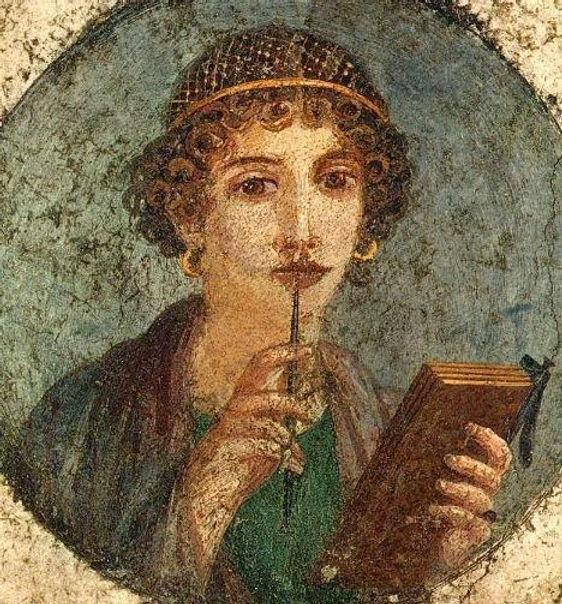
Sappho
An ancient Greek poet known for her lyric poetry, which often celebrated love and beauty, and for her association with the island of Lesbos, which led to the modern term “lesbian.”
(70 BCE – 19 BCE)
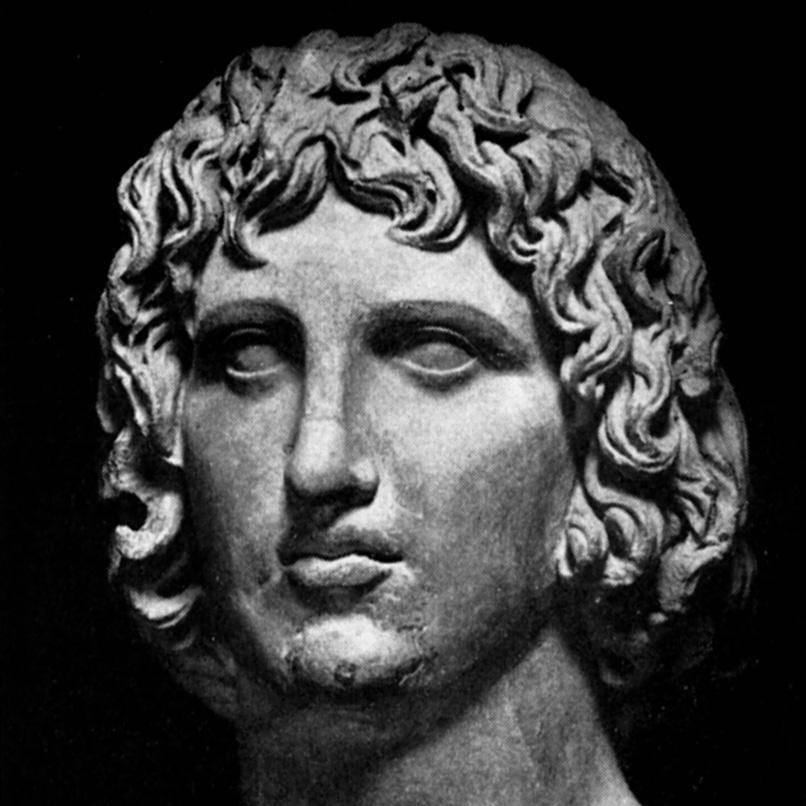
(43 BCE – 17/18 CE)
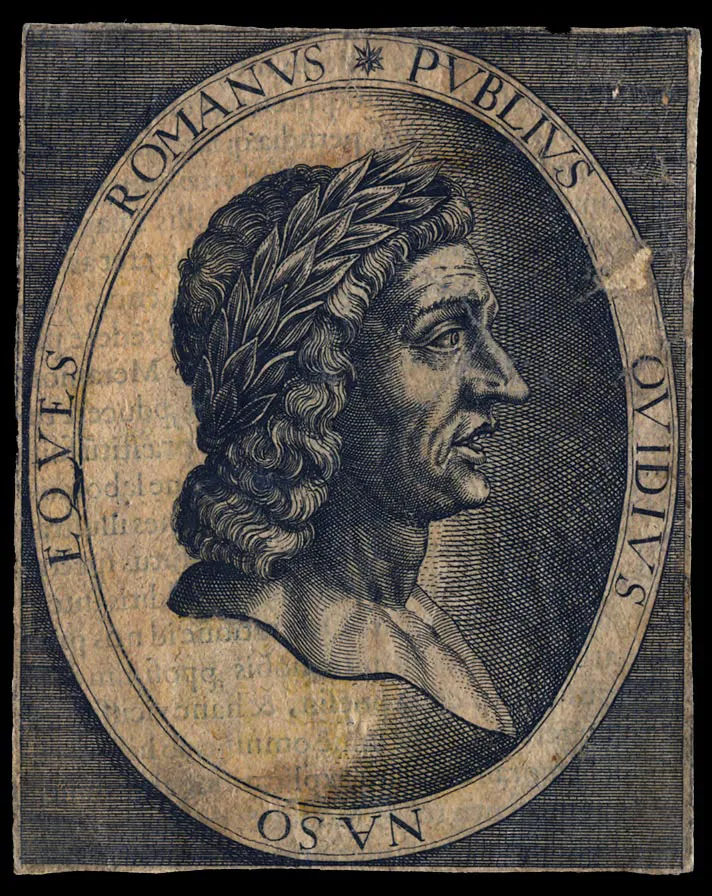
Ovid
A Roman poet known for his works, including “Metamorphoses,” which tells the stories of various myths and legends through the theme of transformation.
(1265 – 1321)
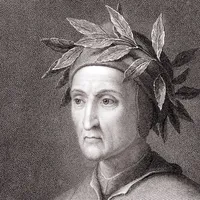
Dante Alighieri
An Italian poet known for his epic poem “The Divine Comedy,” which describes his journey through Hell, Purgatory, and Heaven and is considered one of the greatest works of Italian literature.
(c. 1343 – 1400)
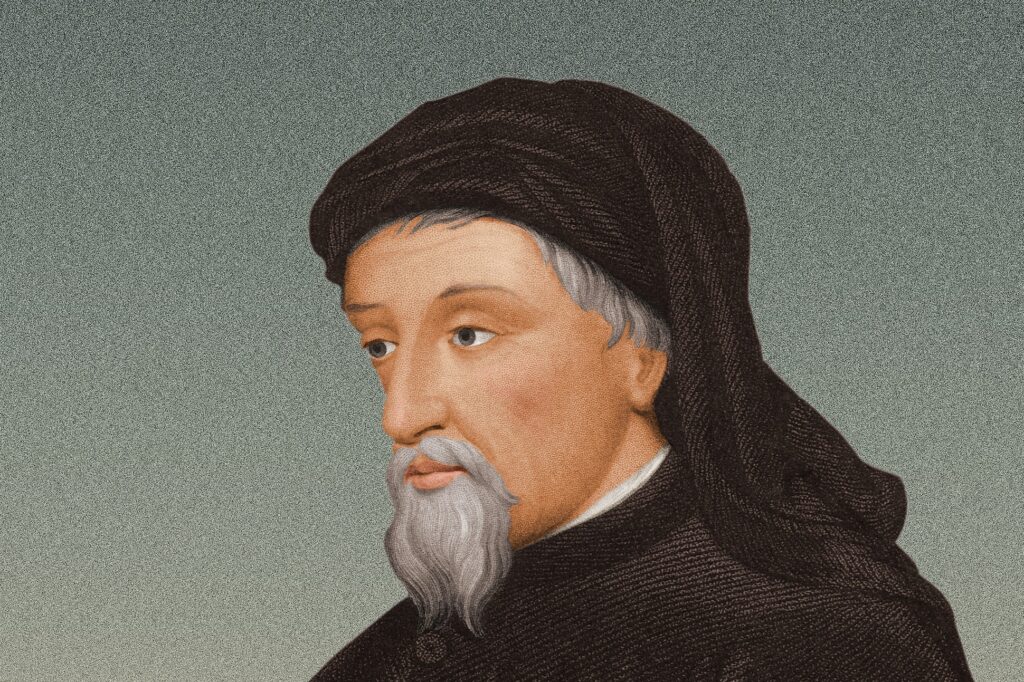
Geoffrey Chaucer
An English poet known for his works, including “The Canterbury Tales,” which consists of a series of stories told by a group of pilgrims traveling to Canterbury.
(1547 – 1616)
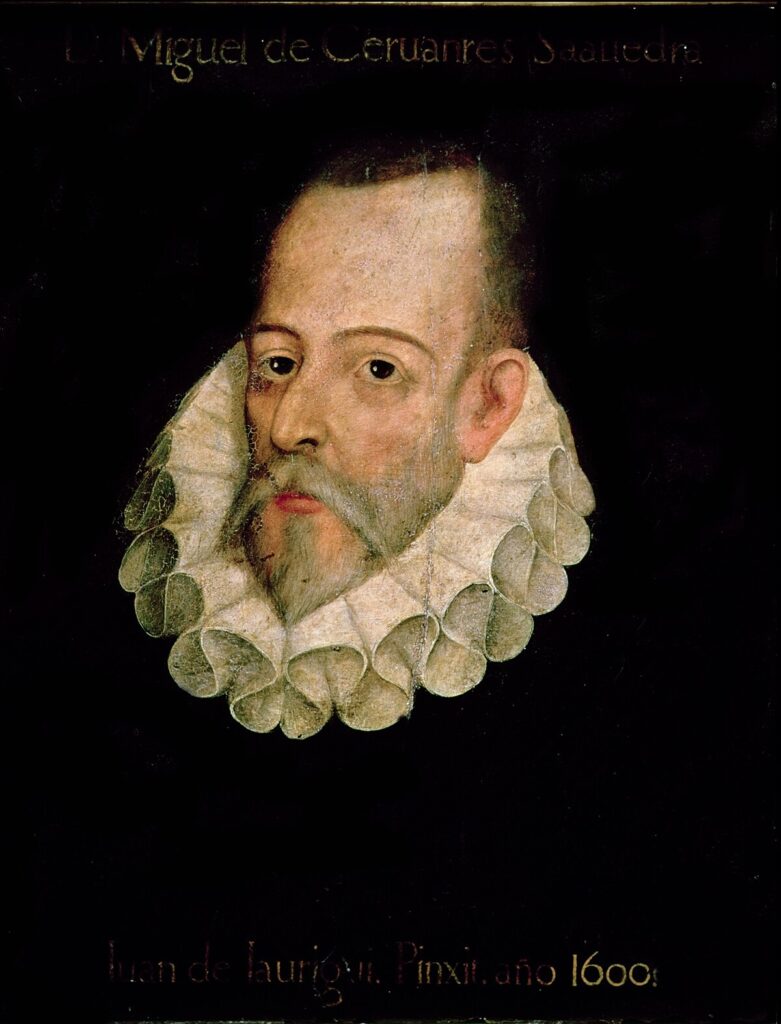
A Spanish novelist, playwright, and poet known for his novel “Don Quixote,” which is considered one of the greatest works of Spanish and world literature.
(1564 – 1616)
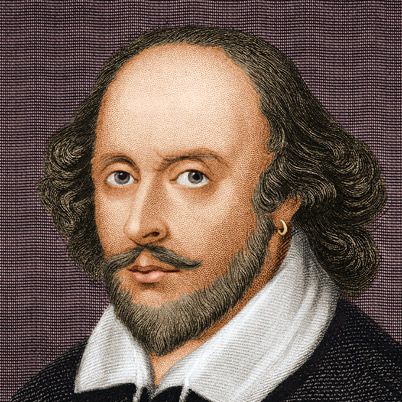
William Shakespeare
An English playwright and poet known for his works, including plays such as “Hamlet,” “Romeo and Juliet,” and “Macbeth,” which are considered among the greatest works of English literature.
(1608 – 1674)
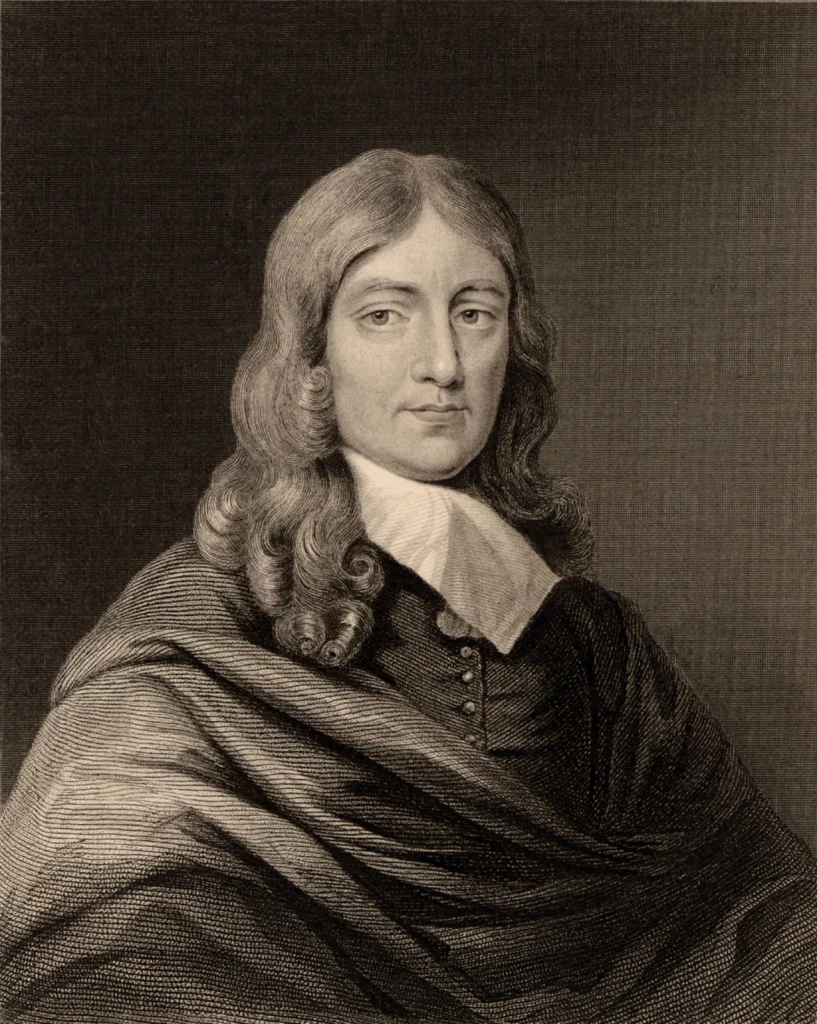
John Milton
An English poet known for his epic poem “Paradise Lost,” which tells the story of Adam and Eve’s fall from grace and is considered one of the greatest works of English literature.
(1749-1832)
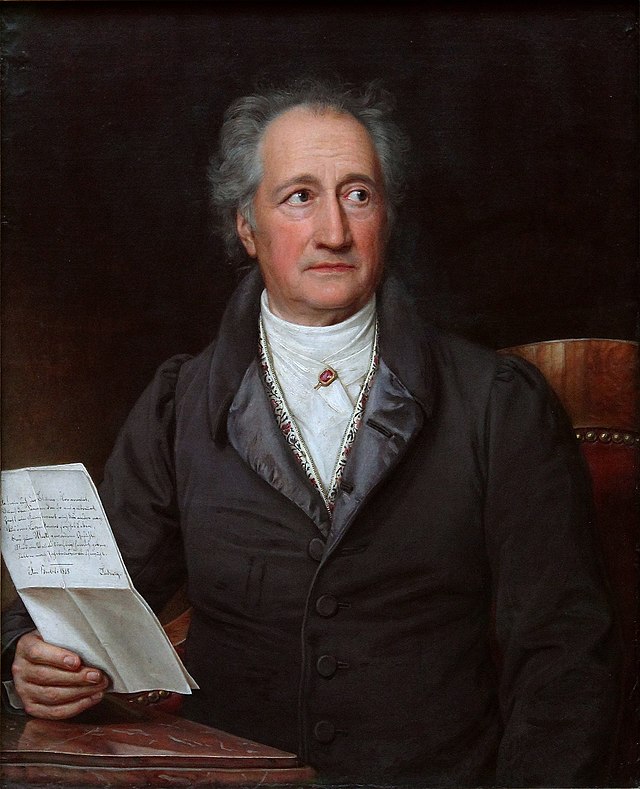
Johann Wolfgang von Goethe
A German author, poet, and philosopher known for works such as “Faust” and “The Sorrows of Young Werther,” which explore themes of human emotions and the human condition.
(1770 – 1850)
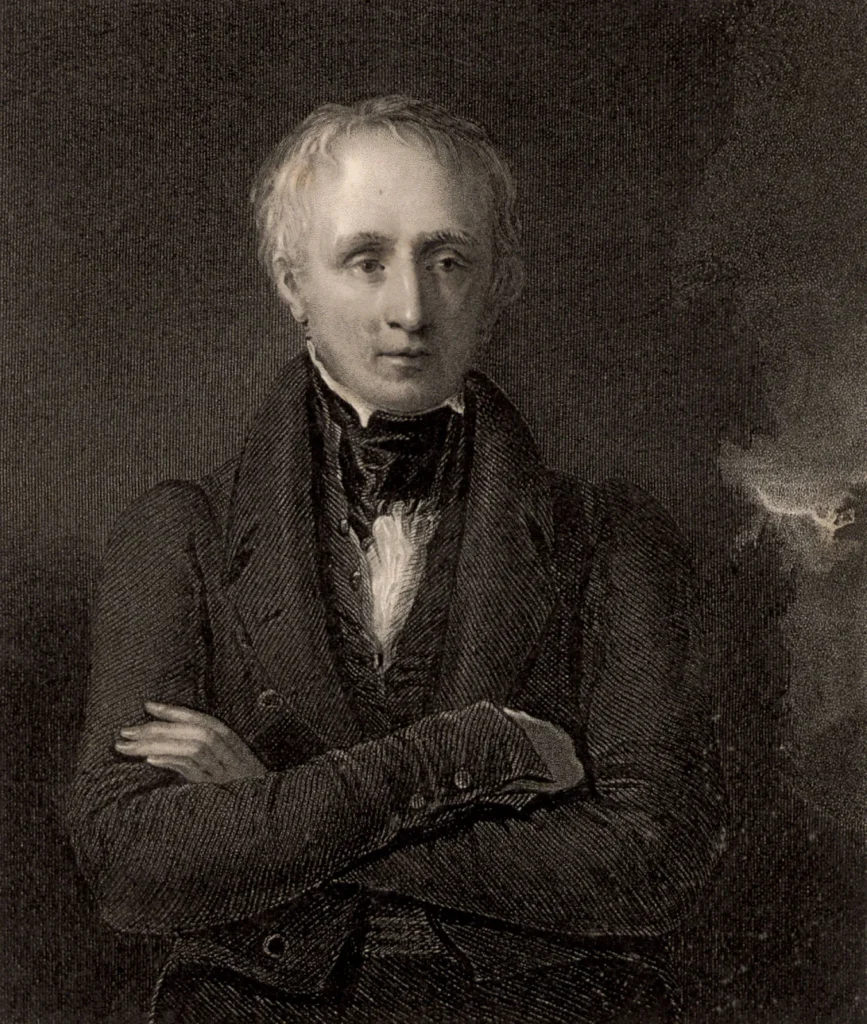
William Wordsworth
An English Romantic poet known for his celebration of nature and the human imagination, particularly in works such as “The Prelude” and “Lyrical Ballads.”
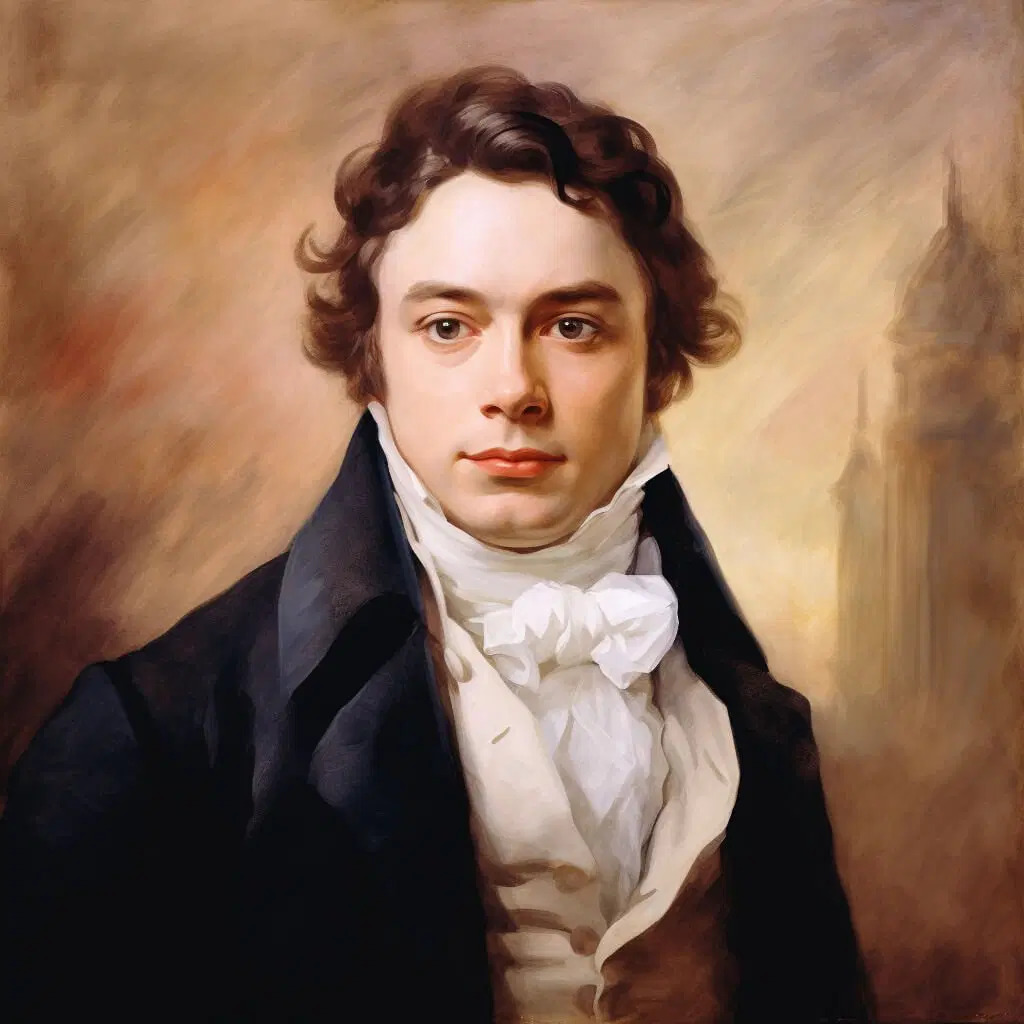
(1775 – 1817)
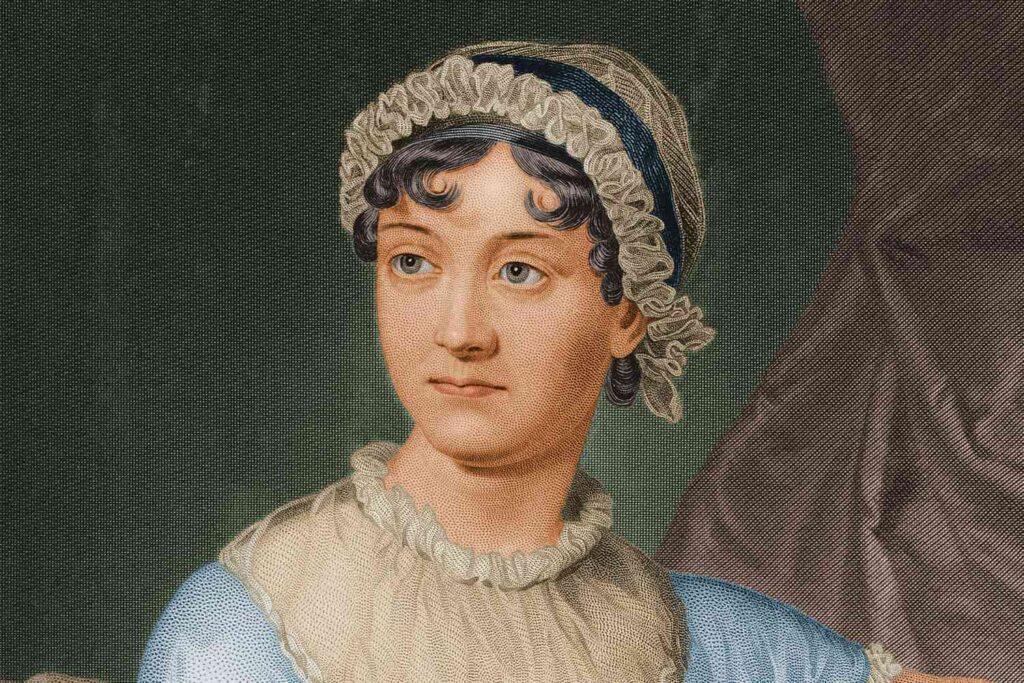
(1792 – 1822)
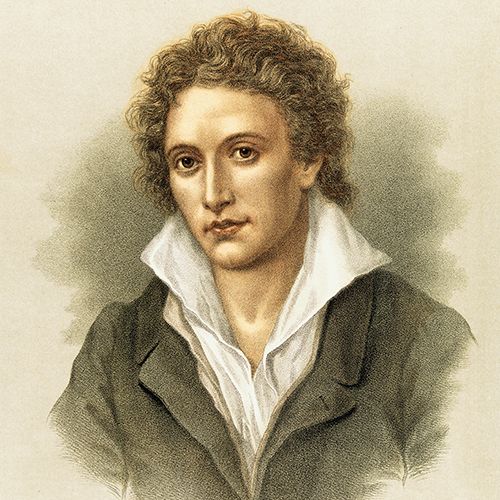
An English Romantic poet known for his idealism and his poems, including “Ode to the West Wind” and “Prometheus Unbound.”
(1795 – 1821)
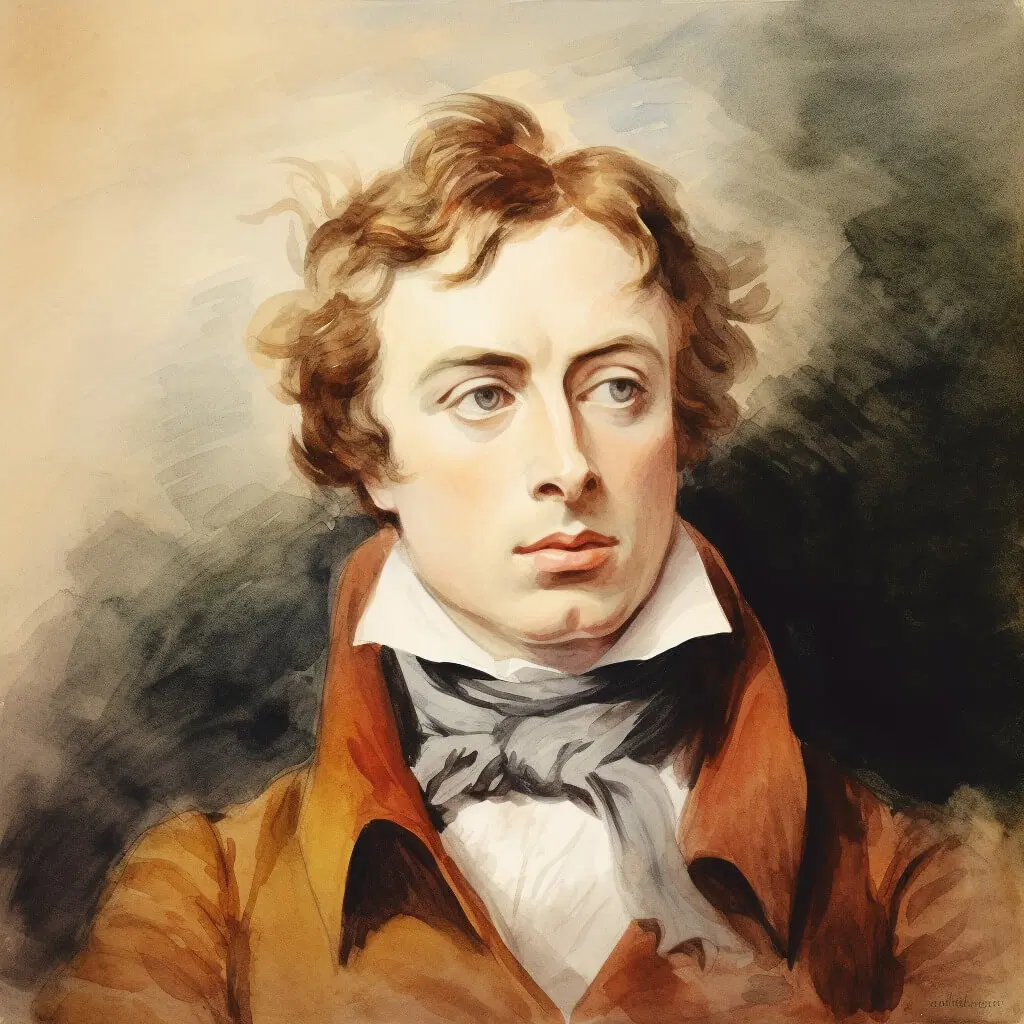
John Keats
(1802-1885)

A French poet, novelist, and playwright known for his works, including “Les Misérables” and “The Hunchback of Notre-Dame,” which often explore themes of social injustice, love, and the human condition.
(1804 – 1864)
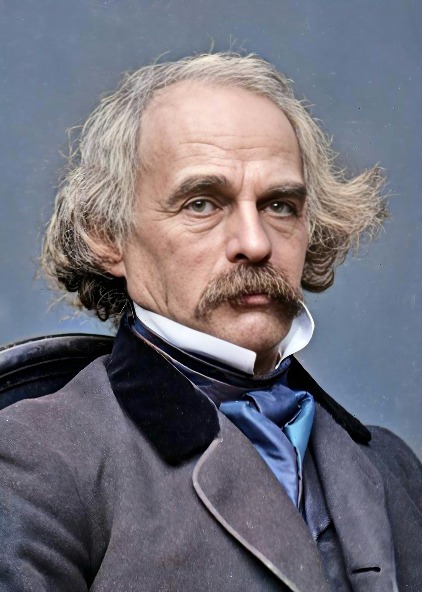
Nathaniel Hawthorne
An American author best known for his novel “The Scarlet Letter,” which explores themes of sin, guilt, and redemption in Puritan New England.
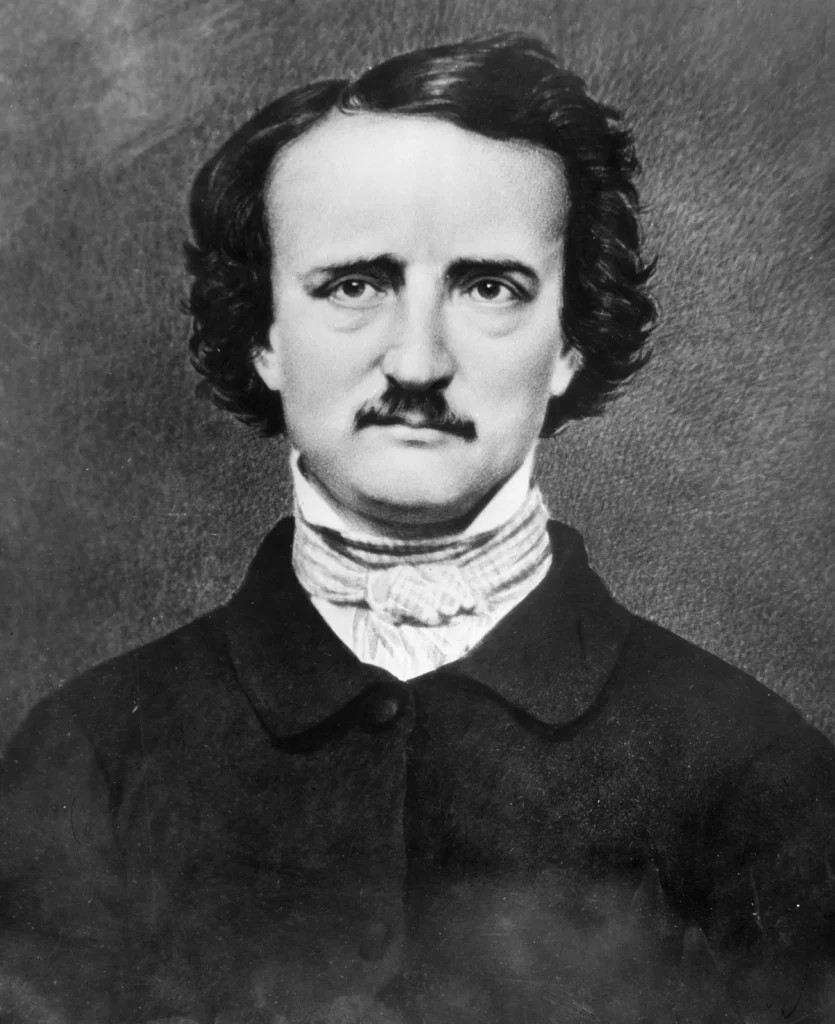
An American author, poet, and literary critic known for his Gothic and horror fiction, including works such as “The Raven” and “The Tell-Tale Heart.”
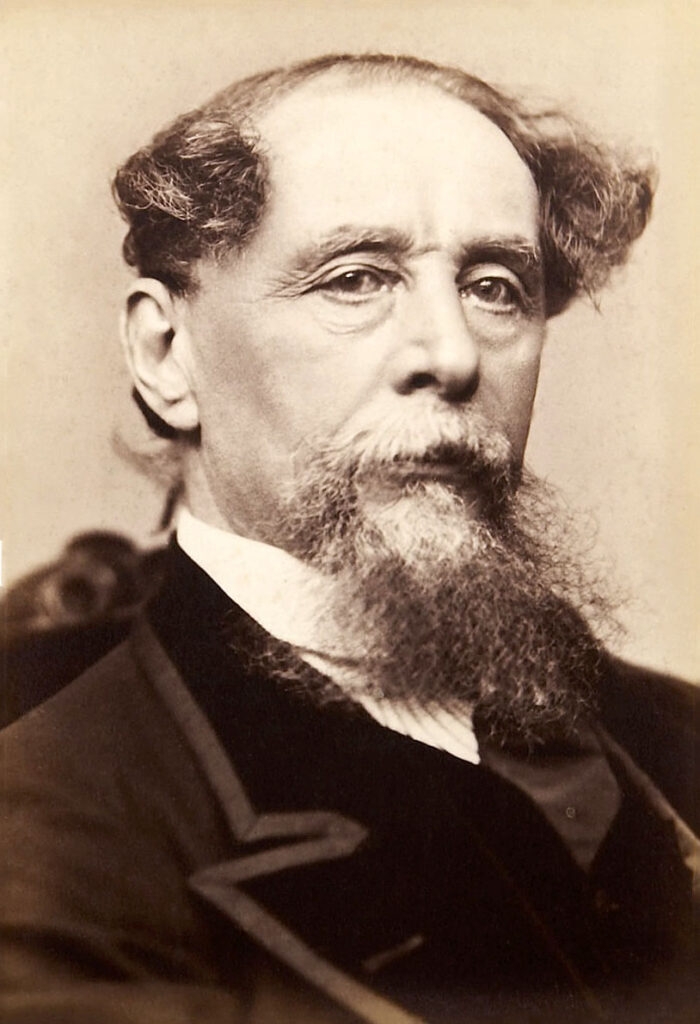
(1818 – 1848)

Emily Bronte
An English novelist and poet known for her Gothic novel “Wuthering Heights,” which explores themes of love, revenge, and the supernatural.
(1819-1891)
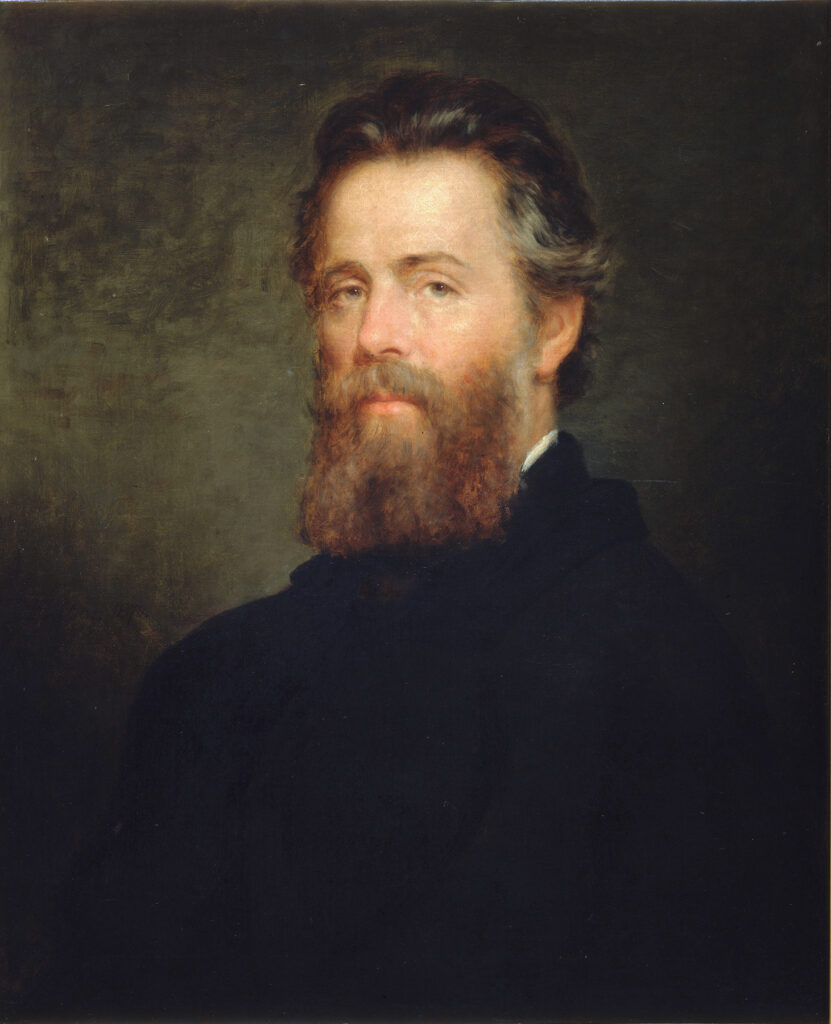
Herman Melville
(1819 – 1892)
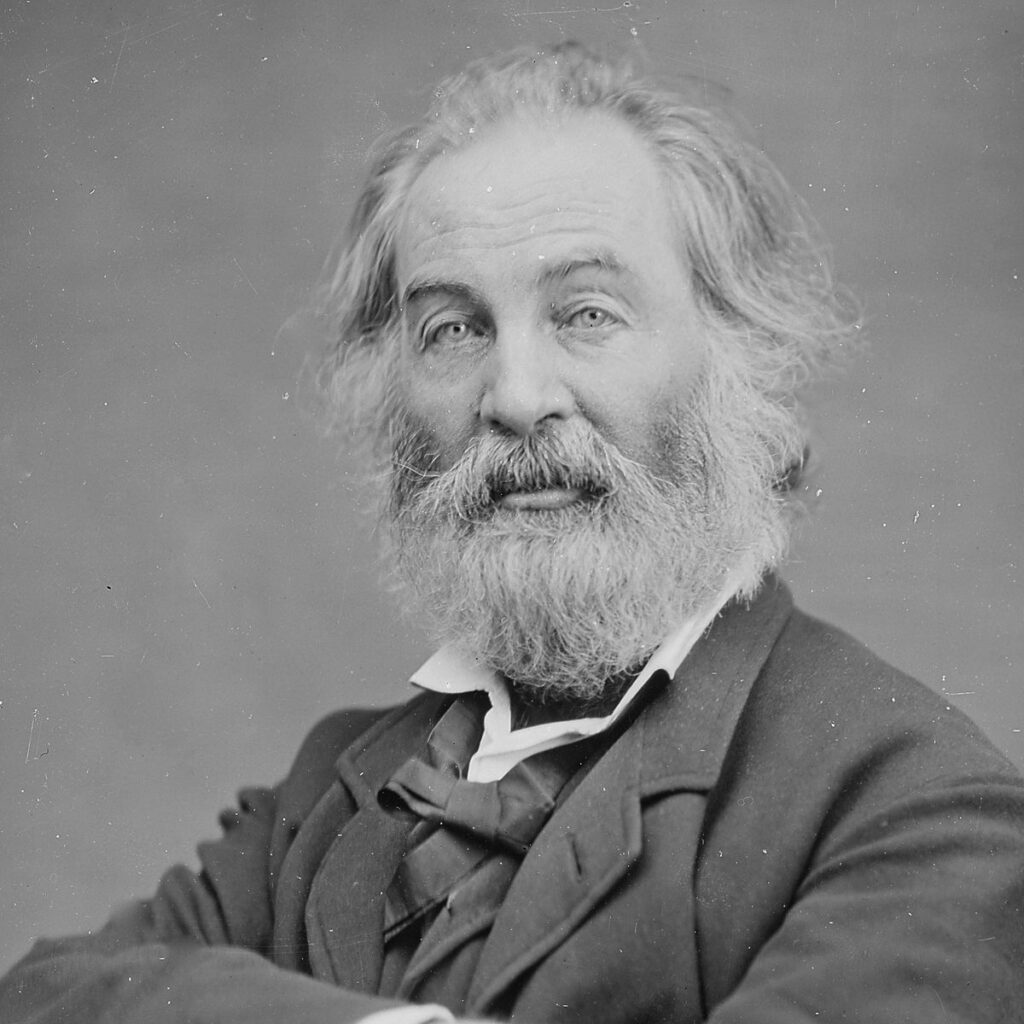
An American poet known for his collection “Leaves of Grass,” which celebrates the beauty of nature and the individual self. His poetry is known for its free verse and unconventional style.
(1821 – 1881)
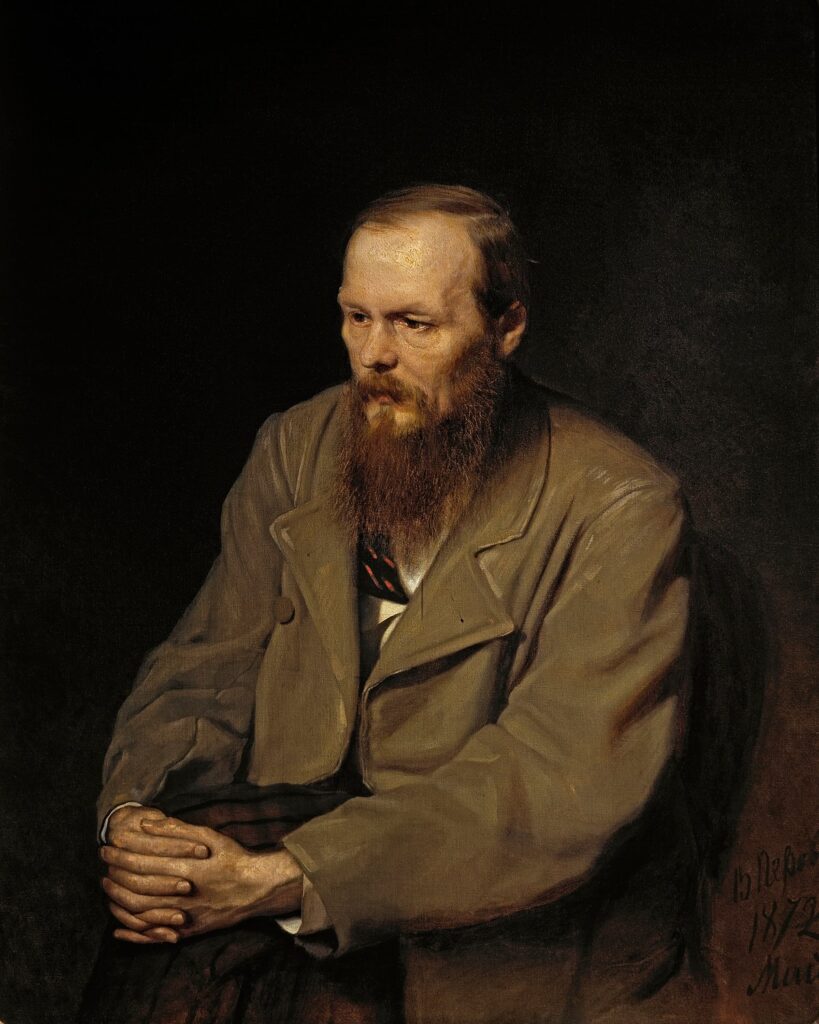
Fyodor Dostoevsky
A Russian author known for his psychological novels, including “Crime and Punishment” and “The Brothers Karamazov,” which explore themes of morality, guilt, and redemption.
(1821-1880)
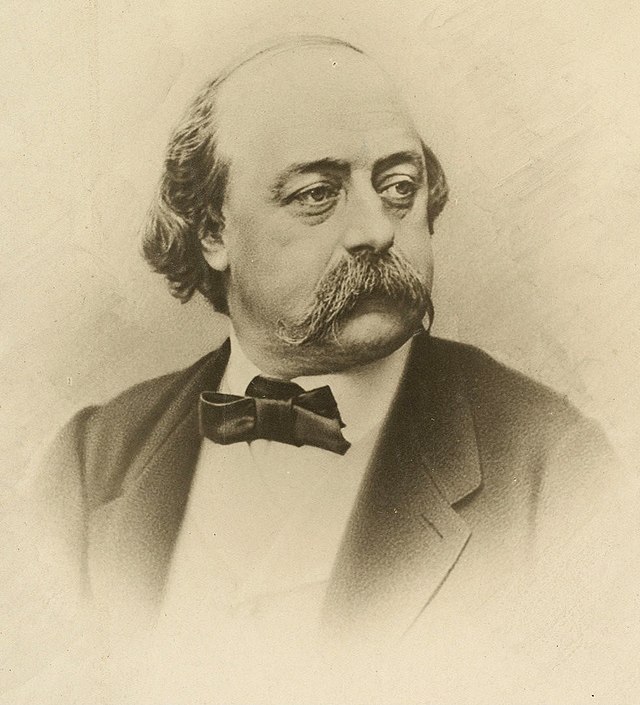
Gustave Flaubert
A French author known for his novel “Madame Bovary,” which explores themes of adultery, sexuality, and the emptiness of bourgeois life.
(1828 – 1910)

Leo Tolstoy
A Russian author and philosopher known for his epic novels, including “War and Peace” and “Anna Karenina,” which explore themes of love, family, and the human condition.
(1830 – 1886)
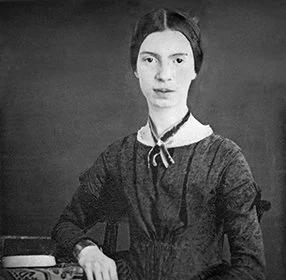
Emily Dickinson
An American poet known for her unconventional style and themes of death, nature, and the self. Her poetry was not widely recognized until after her death.
(1835 – 1910)
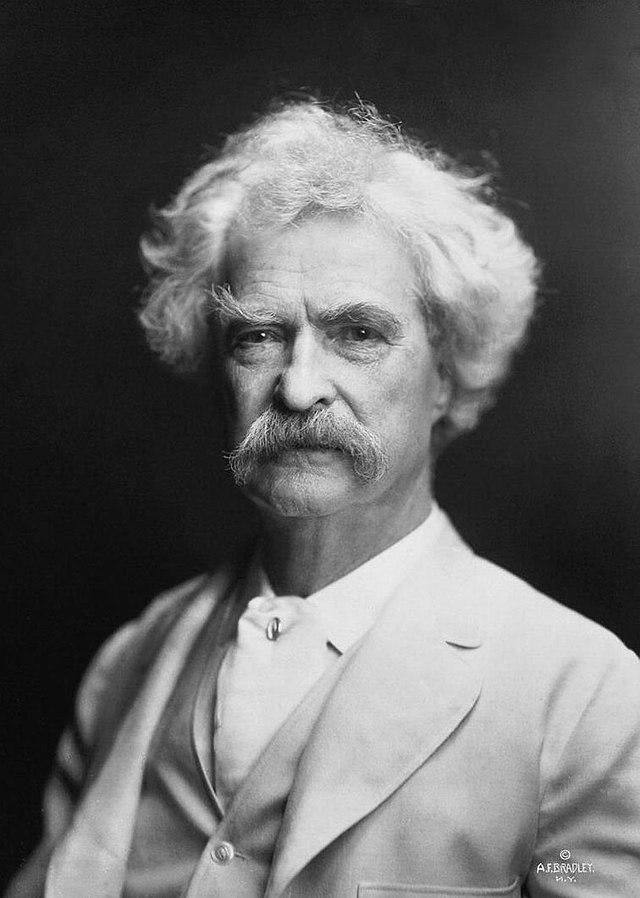
Mark Twain
An American author and humorist known for his satirical novels, including “The Adventures of Tom Sawyer” and “Adventures of Huckleberry Finn,” which often poke fun at American society and politics.
(1840 – 1928)
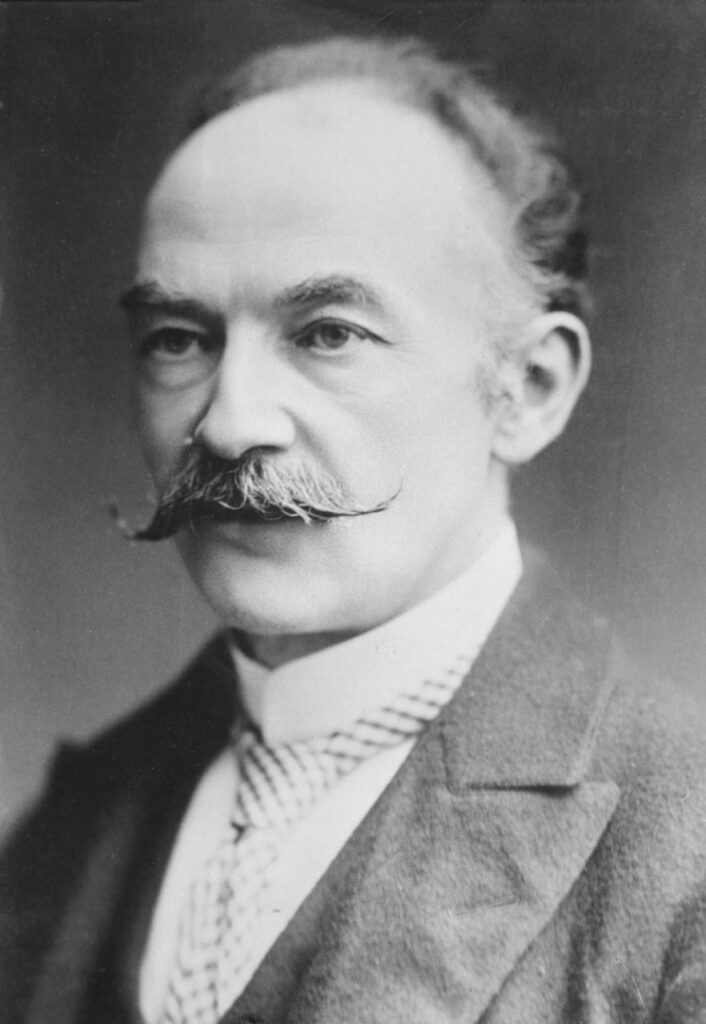
Thomas Hardy
An English author and poet known for his novels, including “Tess of the d’Urbervilles” and “Jude the Obscure,” which often explore themes of social class, gender, and morality.
(1854-1900)
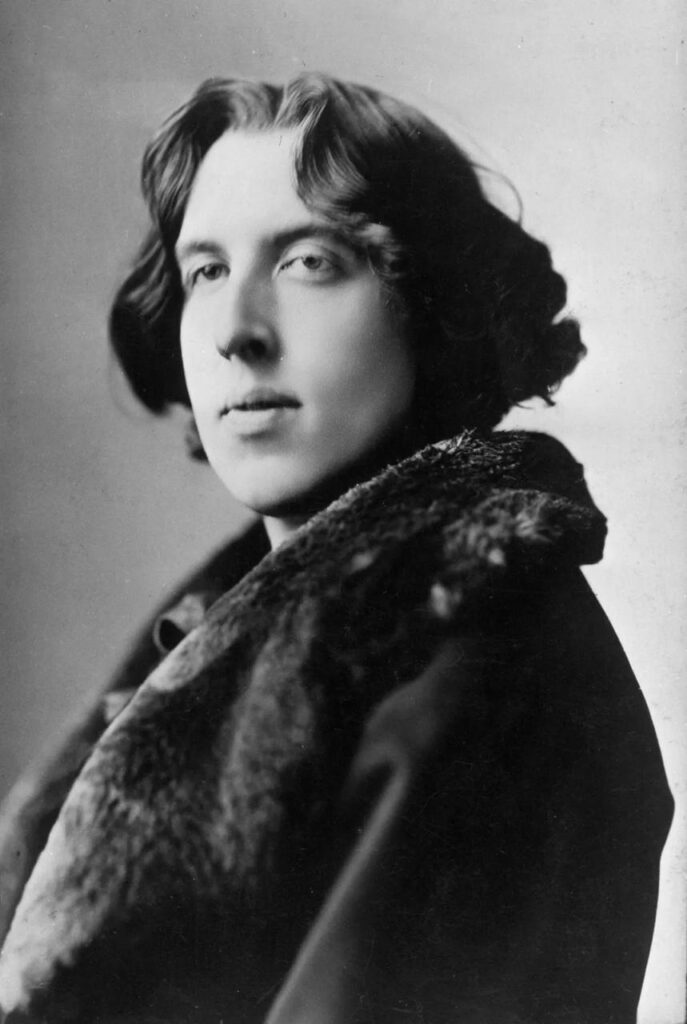
Oscar Wilde
An Irish author and playwright known for his wit and his works, including the novel “The Picture of Dorian Gray” and the play “The Importance of Being Earnest,” which often critique Victorian society and its values.
(1882 – 1941)

James Joyce
An Irish author known for his modernist novel “Ulysses,” which follows a day in the life of Leopold Bloom and explores themes of identity, sexuality, and Irish nationalism.
(1882 – 1941)
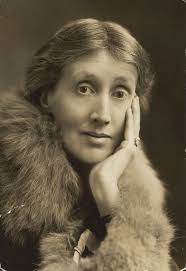
Virginia Woolf
An English author and essayist who is considered one of the foremost modernist writers of the 20th century. Her works, including “Mrs. Dalloway” and “To the Lighthouse,” explore themes of gender, class, and identity.
(1899 – 1961)
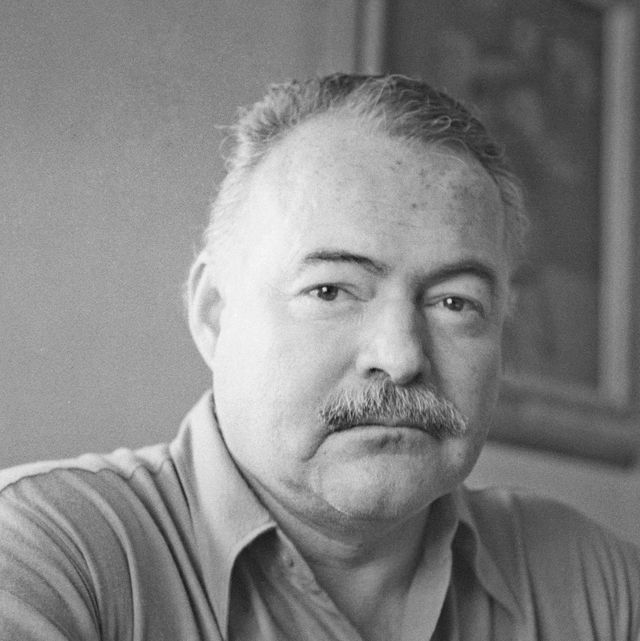
Ernest Hemingway
An American author and journalist known for his spare and direct writing style. He is considered one of the most important writers of the 20th century, and his works, including “The Sun Also Rises” and “For Whom the Bell Tolls,” often explore themes of war, masculinity, and the human condition.
(1897 – 1962)
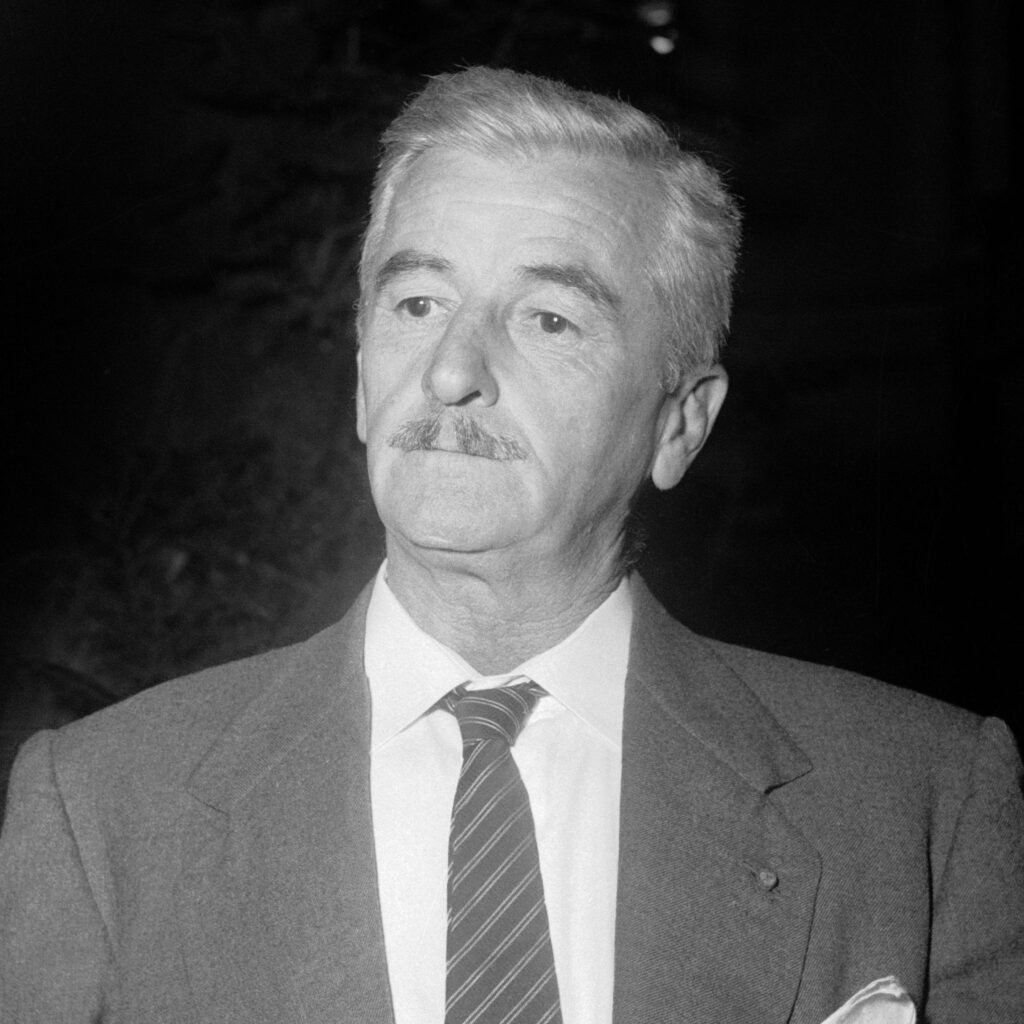
William Faulkner
An American author and Nobel Prize laureate known for his novels and short stories set in the fictional Yoknapatawpha County, Mississippi. His works, including “The Sound and the Fury” and “As I Lay Dying,” often explore themes of race, history, and the American South.
(1899 – 1986)
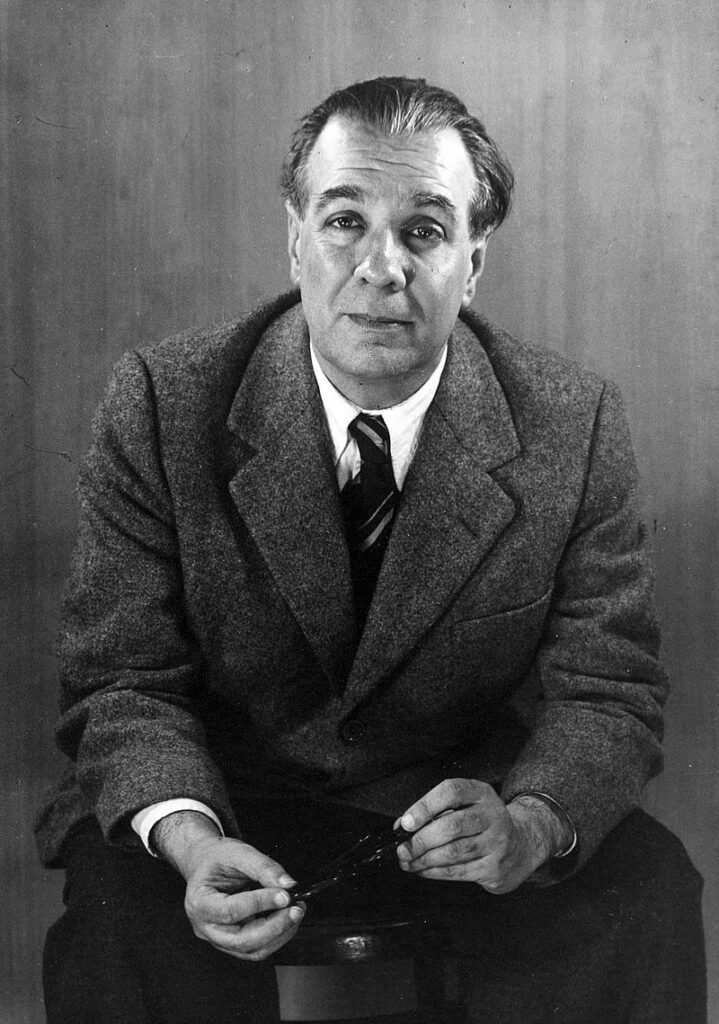
An Argentine author and poet known for his works of fiction and essays that blend genres and play with philosophical and metaphysical concepts. His works, including “Ficciones” and “The Aleph,” often explore themes of time, memory, and identity.
(1927 – 2014)
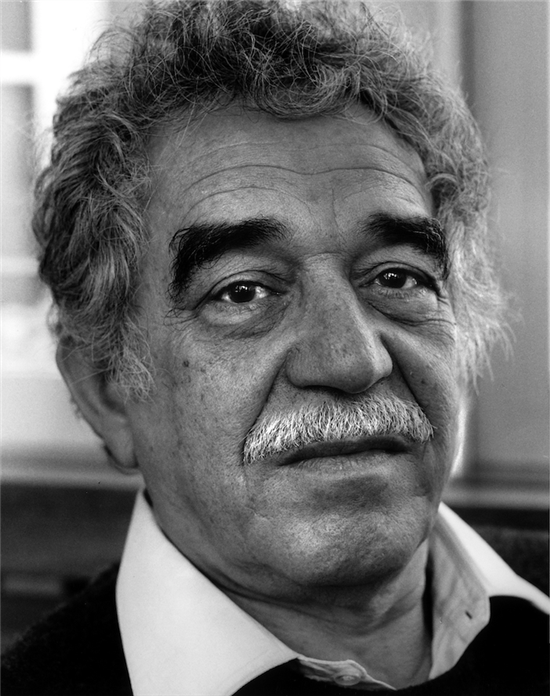
Gabriel Garcia Marquez
A Colombian author and Nobel Prize laureate known for his novels, including “One Hundred Years of Solitude” and “Love in the Time of Cholera,” that use magical realism to explore themes of love, politics, and Latin American history.
(1930 – 2013)
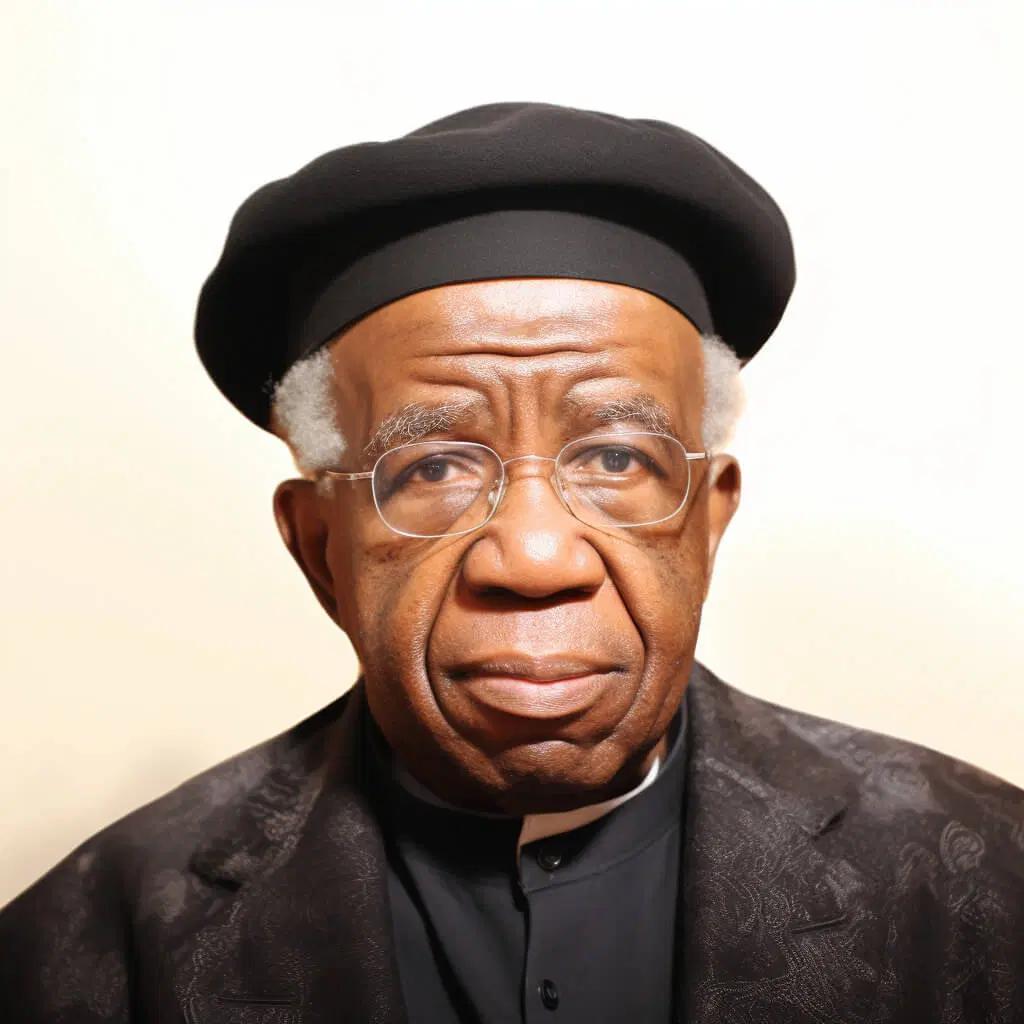
Chinua Achebe
A Nigerian novelist and poet known for his works that explore the effects of colonialism and the clash between African and Western cultures. His most famous work is “Things Fall Apart.”
(1931 – 2019)
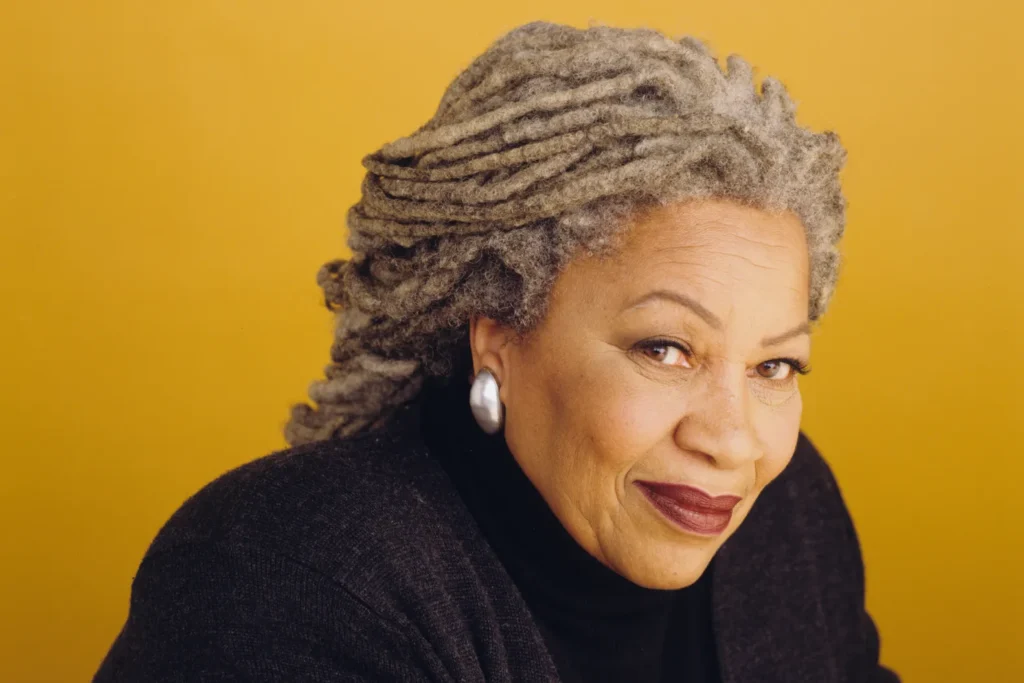
Toni Morrison
An American author and Nobel Prize laureate known for her novels that explore the African American experience, including “Beloved” and “The Bluest Eye.” She was also a prominent editor and professor.
(1951-2014)
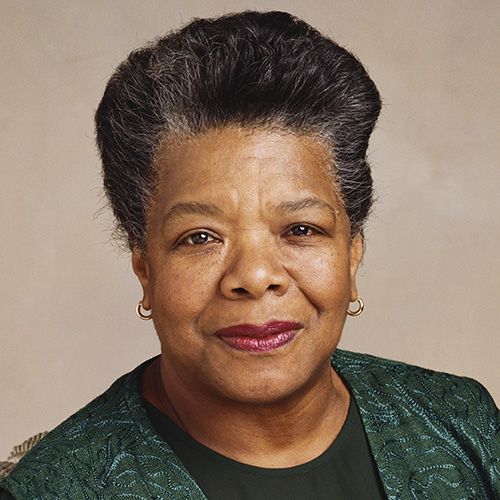
Maya Angelou
An American author, poet, and civil rights activist known for her memoir “I Know Why the Caged Bird Sings” and her poetry collections, including “And Still I Rise.” Her works often explore themes of race, identity, and resilience.
